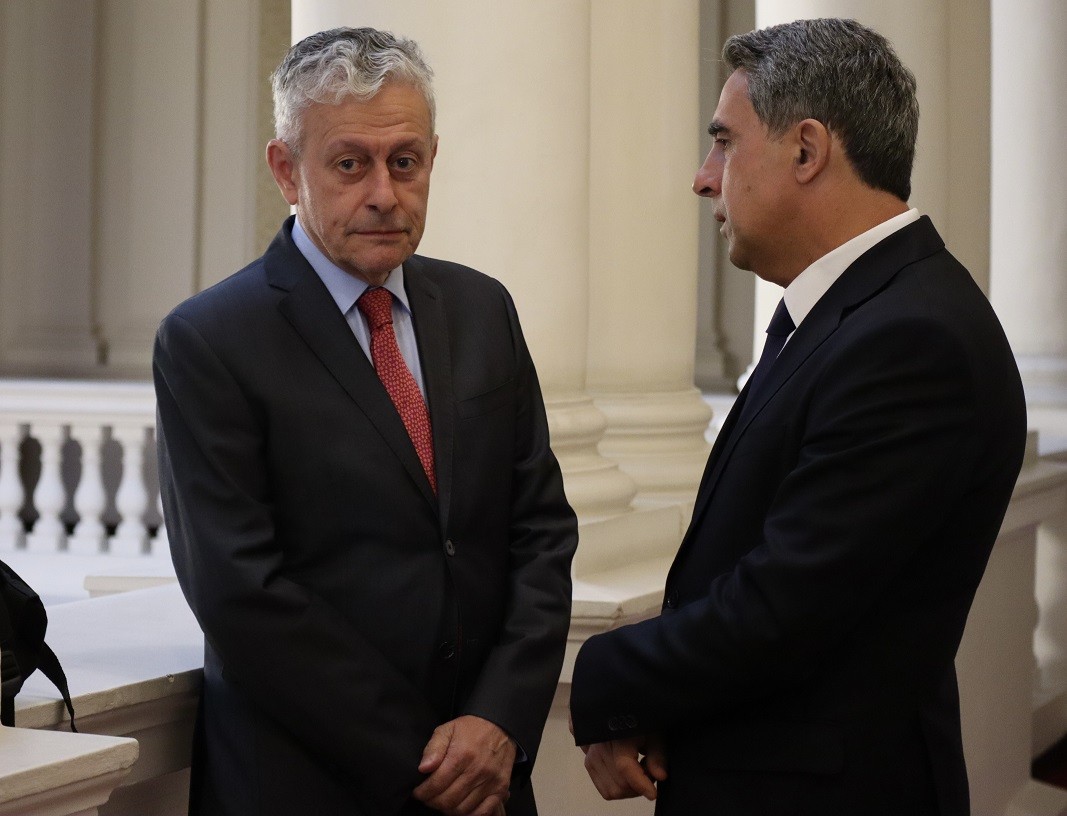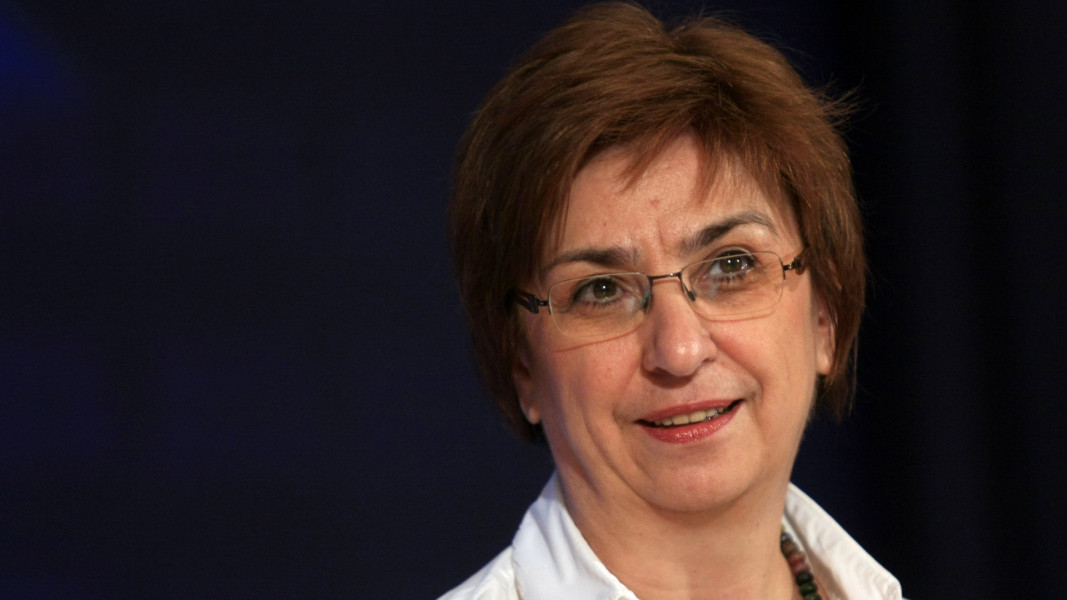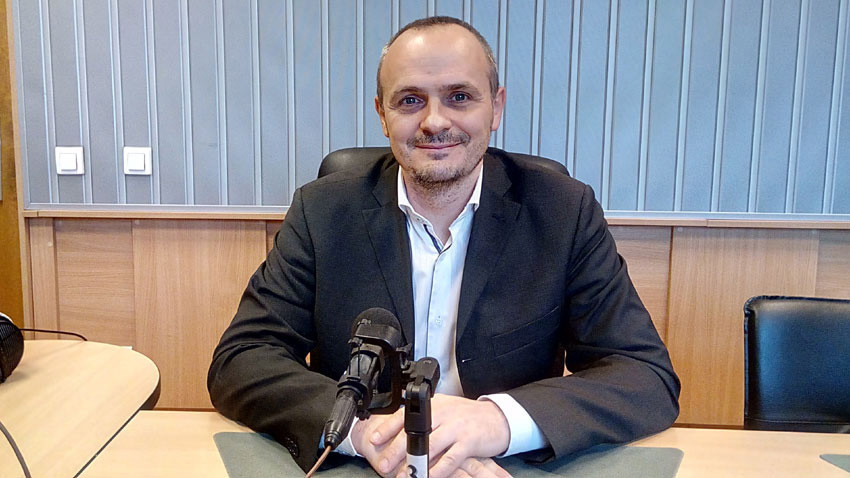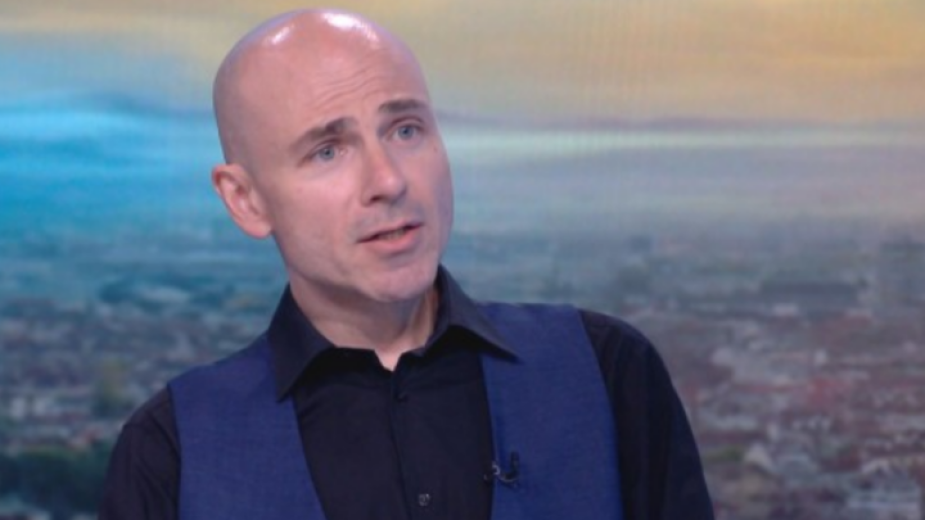After the members of parliament elected a President of the 48th National Assembly on Friday, the work of the Bulgarian parliament was “unjammed” and the green light was given to the negotiations for the formation of a government. They are being conducted by a contact group, nominated by GERB party, that includes Rosen Plevneliev, President of Bulgaria from 2012 until 2017, and former Foreign Minister Solomon Passy. They are expected to issue a declaration with a focus on the priorities and the decisions on which points of contact have been established during the negotiations with the political forces.

The specific issues on which common ground will be sought are: Bulgaria’s entry into the Eurozone, the rearmament of the Bulgarian army and issues that need to be addressed as a matter of urgency, such as the Recovery and Resilience Plan, and the fight against corruption. Rosen Plevneliev and Solomon Passi described their assignment as very difficult, but said they had the ambition of finding the priorities the political forces share, connected with the “European and democratic development of Bulgaria”. GERB-SDS, which have the biggest number of MPs declared they were prepared to negotiate with all parliamentary groups once they are handed the first mandate for the formation of a government by the president. They say one possibility is forming a minority rule when, with regard to given policies, they would obtain broader support in parliament.
How events will play out is something we are yet to see, and perhaps as soon as this week, as President Rumen Radev is to call consultations with the political forces represented in parliament, before he hands the first exploratory mandate for the formation of a cabinet. And even though most observers are sceptical that the political parties will be able to find a working formula for governing the country, some analysts of the political messages being conveyed are not ruling out the formation of a majority, after the three day long first sitting of the National Assembly for the election of a parliamentary president. The saga was truly dramatic – after innumerable votes, after withdrawals of nominations and heated debates, the MPs elected the oldest member of parliament – sculptor Vezhdi Rashidov, to preside over the National Assembly. And though this unprecedented three-day first sitting may have gone down in history, some analysts say it may have had a positive effect as well – the political parties actually started talking to each other. Yet the hard-won consensus spawned analyses of the political climate in the country of a different kind.
“The controversial figure of the new president of Bulgaria’s parliament, and the support from such a motley coalition shows what the life of the next parliament is going to be like,” political analyst Ivo Indzhov says, and adds that he believes the significance of the official majority will be negligible:
“We are going to see situational majorities dominate. In this case, the Bulgarian Socialist Party played its hand against We Continue the Change which made the election of Vezhdi Rashikdov possible (by the biggest parliamentary group GERB-SDS – editorial note). This coalition can well be called the “paper coalition” because GERB, the Movement for Rights and Freedoms, the Bulgarian Socialist Party and Bulgarian Rise, and why not with the support of (the nationalist) Vazrazhdane, will most likely vote to bring back voting by paper ballot. Governing will be a difficult thing, forming a government - even more so.”
According to former Vice President of the National Assembly Ekaterina Mihaylova, there is a positive side to the election of Vezhdi Rashidov too:

“The National Assembly will be able to start work. It shouldn’t be forgotten that this work is connected with a great many urgent tasks it needs to attend to, the first of which is the formation of a government. However, in the meantime, the new state budget has to be discussed and approved, as do the bills connected with the Recovery and Resilience Plan. Bulgaria has been without a functioning parliament for a long time now. There is also the risk that parliament will be “devalued” unless the members of parliament rise to the challenge of the obligations they have.”

“For a long time Bulgarian politicians have been rebuked for not keeping the promises they have made before elections. Yet, at the moment, there are at least two parliamentary groups that have been keeping them, and very strictly at that. They are adamant that they will, under no circumstances enter into any kind of coalition, or even contact with GERB, the Movement for Rights and Freedoms, Vazrazhdane,” political scientist Georgi Kiryakov explains. That is why he is not optimistic about what lies ahead – “It will be very difficult to reach a consensus on a cabinet,” he says.
Another political analyst, Petar Cholakov, is far from optimistic about the political horizon of a possible future cabinet:

“It is too early to be talking about a new four-party coalition having taken shape during the voting of Vezhdi Rashidov for President of the 48th National Assembly – GERB, the Bulgarian Socialist Party, the Movement for Rights and Freedoms and Bulgarian Rise. The reason – Kornelia Ninova (Bulgarian Socialist Party leader – editorial note) cannot afford to take the chance of openly supporting a government on a GERB mandate because that would mean the Bulgarian Socialist Party would be stripped entirely of its individuality.”
That is why, unless a majority is formed for a cabinet with a perspective up until the local election in the autumn of 2023, the most likely way out of this labyrinth will be another snap election in February, Petar Cholakov says.
Interviews by Horizont and Hristo Botev channel, BNRCompiled and edited by Yoan Kolev
Photos: library, BGNES, BNR
Nearly five months after the last early parliamentary elections in Bulgaria, the 51st National Assembly has "grown" by one party and is now formed by nine political formations. The Constitutional Court declared the election of 16 MPs illegal , and..
Georgi Kuzmov, who was removed from his position as mayor of the Sofia district of Oborishte, is returning to his post after winning the new elections with nearly 70% of the votes. At the end of last year, the Supreme Administrative Court..
Velichie party enters the 51 st National Assembly with 10 seats, the Central Election Commission (CEC) has decided following the ruling by the Constitutional Court which alters the results of the election for National Assembly held on 27 October,..
Serbia and Bosnia and Herzegovina refused to sign the SEECP declaration The summit of the South East European Cooperation Process..

+359 2 9336 661
